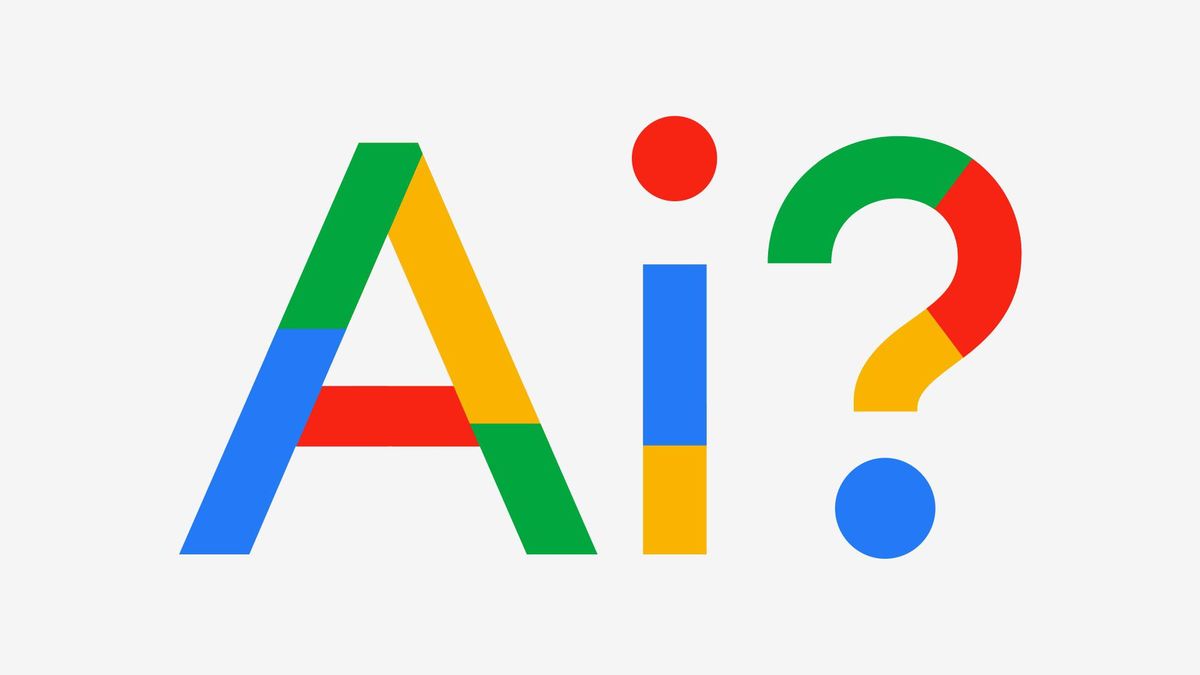Affordable Excellence
Top-quality work at a fraction of the cost, thanks to our lean team and smart workflows.
Choosing between Meta Ads (Facebook and Instagram) and Google Ads can feel like choosing between two great options. Both platforms offer strong advantages, but the best choice depends on your specific goals.
This guide simplifies the decision, especially for London-based businesses. We’ll compare targeting, cost, ROI, and how the two platforms can work together using real data to support every point.
By the end, you’ll know where to focus your ad budget and how to get the best results.
Ask yourself: are people actively searching for what you offer, or do you need to get on their radar first?
According to Shopify UK (June 2025), Google excels at high-intent lead capture, while Meta shines when it comes to brand discovery.
What this means for you: Use Google when demand already exists. Use Meta when you need to create interest or build recognition.

Meta Ads and Google Ads differ significantly when it comes to cost and return on investment.
In terms of return:
For London-based businesses:
Using both platforms at different stages of the funnel can deliver better results.
Funnel StagePlatformWhy It Works AwarenessMeta AdsTarget people by interest, location, and behaviourConsiderationMeta & GoogleRetarget on Meta, capture intent on Google Conversion GoogleAdsReach users with high purchase intent
Top agencies recommend this approach: capture intent with Google, then nurture leads with Meta.
When you need quick results, timeline matters.
For London businesses looking for fast enquiries, Google is your go-to. Meta works best for brand-building and long-term engagement.
Google Ads
Pros:
Cons:
Meta Ads (Facebook & Instagram)
Pros:
Cons:
These pros and cons are supported by findings from Ascend Digital and Shopify UK.
The most effective campaigns combine both platforms.
A proven strategy:
This mix often increases conversion rates by 30–50%, while also lowering your overall CPC by up to 15%.
In 2025, AI plays a huge role in ad performance.
Tip: Start with automation to test performance, but monitor campaigns closely. Be ready to step in if performance dips.

Here’s what it means for London businesses in 2025:
Add a layer of smart AI, focus on precise targeting, and keep your creatives engaging. That’s the formula for a high-performing, modern paid media strategy.
Thinking about launching Meta or Google campaigns? Get in touch we’ll help you build the perfect paid media mix.
Top-quality work at a fraction of the cost, thanks to our lean team and smart workflows.
Full access to our platform for easy content review and approval.
Cancel anytime—but we’re pretty sure you’ll want to stay!
Big agencies with flashy offices don’t understand the needs of small businesses.
Unlike others, we don’t believe in locking you into 6-12 month commitments.
While we optimized to stay affordable, many agencies stick to costly hourly rates or retainers.